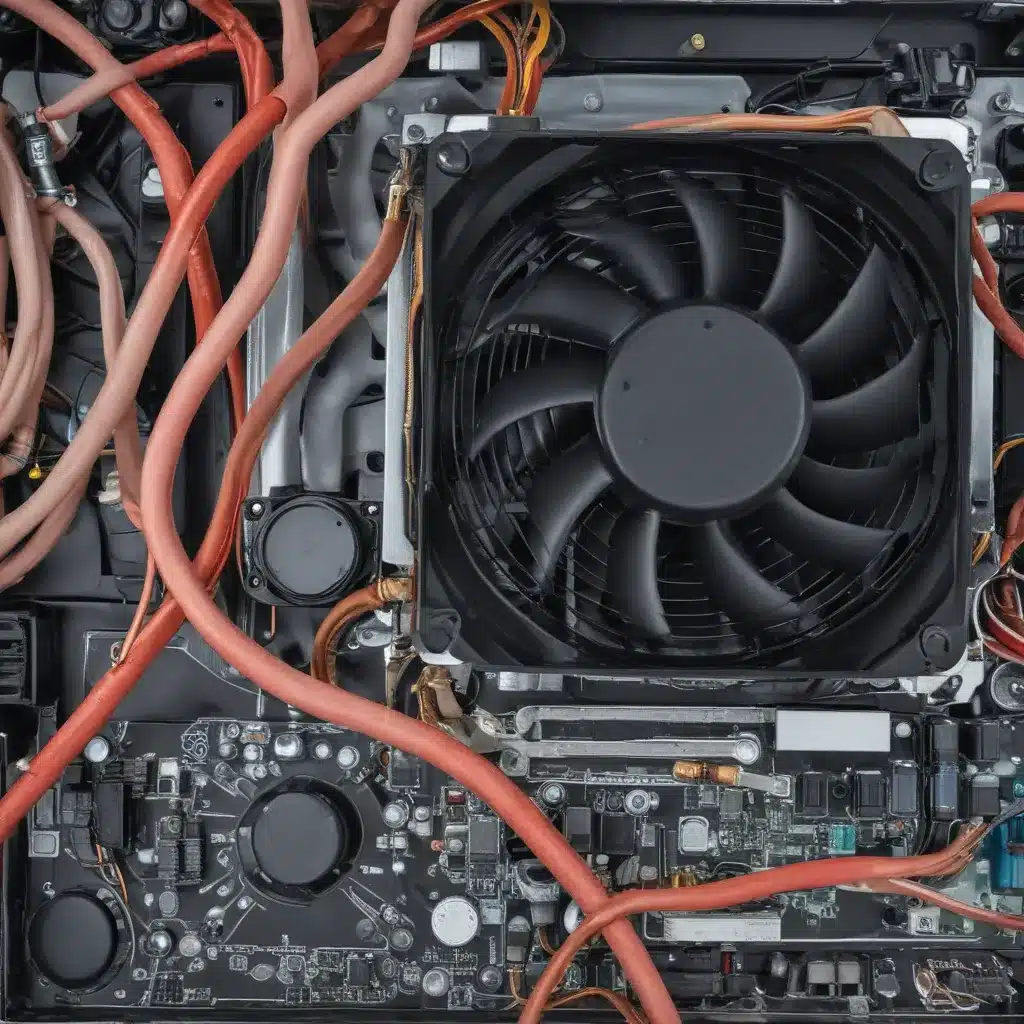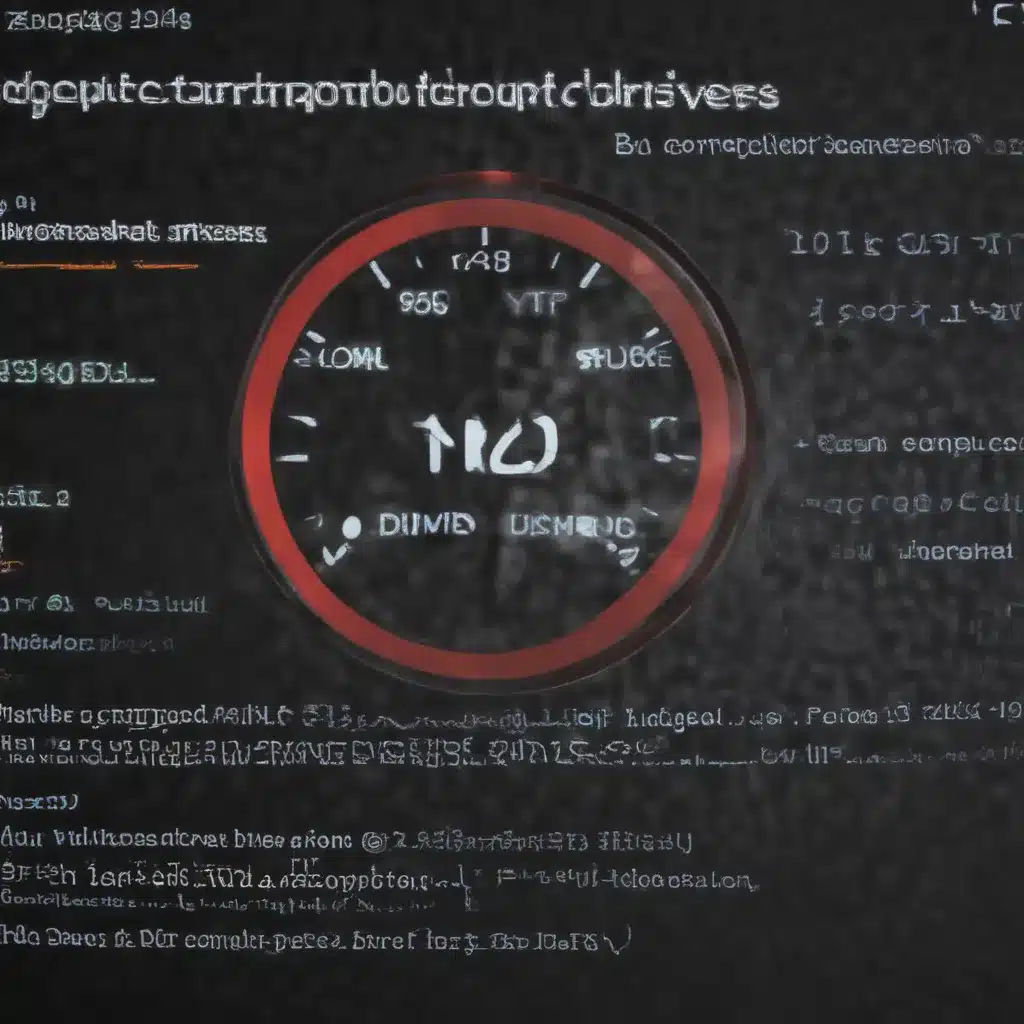What is the Metaverse?
The metaverse refers to a future iteration of the internet that is experienced in 3D virtual spaces. Instead of simply viewing content, users will be able to immerse themselves in digital worlds where they can interact with digital objects and representations of other users.
The key aspects of the metaverse include:
-
Persistent virtual worlds – The metaverse isn’t limited to a single virtual experience, but rather interconnected virtual spaces that persist even when you aren’t using them.
-
Shared social spaces – The metaverse allows multiple users to interact with each other and share experiences in a virtual space, much like current social media platforms.
-
Interoperability – Content, digital items, avatars, etc. can move between different virtual worlds and experiences in the metaverse. Your digital identity persists across the metaverse.
-
Support for virtual economies – Users can create, own, sell, and be incentivized for user-generated content in the metaverse. Virtual economies already exist in many online games.
So in summary, the metaverse aims to evolve the internet from individual websites and apps to persistent, interconnected 3D virtual worlds.
The Quest to Build the Metaverse
Although the idea of the metaverse is decades old, several recent technological advances have brought this vision closer to reality:
-
Rise of virtual reality (VR) – Hardware improvements have made VR headsets like the Oculus Quest 2 mainstream. VR allows for immersive digital experiences.
-
Augmented reality (AR) – AR overlays digital information onto the real world via smartphones and AR headsets. It bridges virtual and real worlds.
-
Blockchain & cryptocurrency – Blockchain technology like NFTs enables digital ownership and decentralized finance needed for metaverse economies.
-
Omnipresent internet – 5G and expanding internet access allows the metaverse to be accessed anywhere, anytime.
Tech giants like Meta (Facebook), Microsoft, Nvidia, and Apple are investing billions into developing metaverse hardware, platforms, and experiences. Meta in particular is leading the charge with over $10 billion invested into its Reality Labs division focused on AR and VR.
But there are still significant challenges to overcome before the full vision of the open, interoperable metaverse is achieved. A key question remains – who will build the foundational “metabase” layer for virtual worlds to be built on top of?
How Gaming Ties into the Metaverse
Gaming will play a major role in the metaverse for several reasons:
-
Virtual worlds – Online multiplayer games have pioneered virtual social worlds and economies for decades already. Games like Fortnite and Roblox are metaverse progenitors.
-
Avatars & digital identity – Games are used to expressing a digital identity via customizable avatars like in MMORPGs.
-
Economies – In-game economies and currencies allow users to create and sell virtual goods. Spending on cosmetics in free games is lucrative.
-
Connectivity – Gaming utilizes online connectivity and graphics processing power needed for the metaverse.
Game engines like Epic’s Unreal Engine and Unity are adding metaverse-focused features and integrations. Fortnite already features avatar concerts and other online events.
Major game publishers are investing in the metaverse. For example, Ubisoft has launched the blockchain-based Ubisoft Quartz platform that allows items like vehicle skins to be used across games as NFTs.
The metaverse has the potential to transform gaming into more immersive, interconnected experiences. A key challenge is balancing interoperability with the need for compelling individual virtual worlds. But gaming insights will undoubtedly drive mainstream adoption of the metaverse.
The path ahead is complex, but the gaming industry is poised to help drive the next evolution of the internet. The full vision of the metaverse may take decades to be fully realized, but investment and innovation continues at a rapid pace. As game technology matures, virtual worlds will become more immersive and seamlessly connected into a shared online future – the true metaverse.













